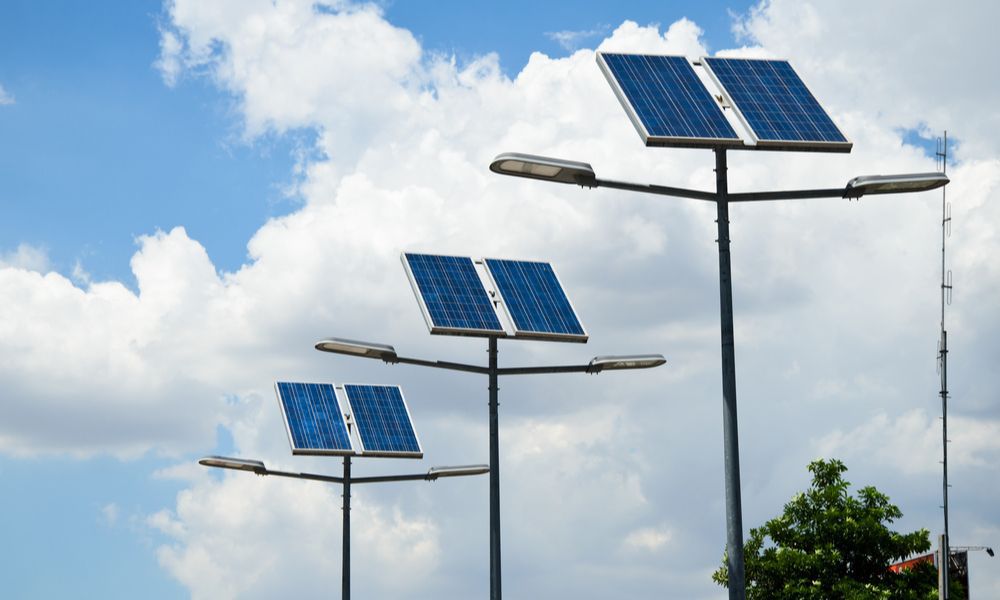Green light for Shell drilling sparks outrage among fishers and activists
Environmental groups and small-scale fishers have slammed the government’s approval of Shell’s ultra-deep oil and gas exploration project off the west coast.
They have warned the decision could ignite an environmental crisis.
Mineral and petroleum resources department director-general Jacob Mbele approved the oil giant’s environmental impact assessment (EIA) on June 30. Shell announced the news on Friday.
Shell said if valuable resources were discovered offshore, they could play an important role in improving South Africa’s energy supply and supporting government development efforts.
According to the authorisation document signed by Mbele, the area Shell wants to explore is between Port Nolloth and Lamberts Bay.
“The project area of interest in the licence block Northern Cape Ultra Deep is 300km offshore, at its closest point, in water depths ranging from 2,500m to 3,200m,” the document reads.
“The department is satisfied with the information made available to it and, subject to compliance with the conditions of this authorisation, Shell Offshore Upstream South Africa BV should be authorised to undertake the listed activities under the EIA regulations.
“By virtue of powers conferred on it by the National Environmental Management Act and EIA regulations, the department hereby grants the authorisation to Shell Offshore Upstream South Africa BV to undertake the listed activities as described.”
Shell submitted the EIA application in February.
Civil society organisation Green Connection, however, described the approval as a slap in the face of small scale fishers. Advocacy officer Lisa Makaula said approval had been granted “despite repeated objections raised by coastal communities and civil society”.
Makaula said the organisation and Natural Justice submitted detailed objections in August and December 2024. “This EIA authorisation is a slap in the face of the small-scale fishers and communities who have consistently raised concerns about the project and its potential impact on their livelihoods.”
Shell is allowed to drill up to five wells, starting with one and adding more if it succeeds, using a drillship or similar vessel. Each well could take three to four months to drill, supported by up to three other vessels.
Shell is allowed to carry out wireline logging using vertical seismic profiling, a technique that creates detailed seismic images of the rock layers around the well once the drilling reaches its planned depth.
“The objective is to confirm the presence of petroleum,” the document reads.
Shell is allowed to test up to two wells to assess their commercial potential, carry out sonar mapping and seabed sampling and use remotely operated vehicles to inspect the seabed before and after drilling. Wells will be sealed with tested cement plugs once drilling is complete and a final survey will ensure the area is clear before the drillship leaves.
Makaula said the department's decision was alarming given the climate crisis and risks to marine life and small-scale fishers, especially in the Northern Cape, where many communities are vulnerable.
“Despite industry claims, gas is not a transition fuel — it is a fossil fuel that contributes to the climate crisis. Climate scientists confirm new oil and gas projects are incompatible with limiting warming to 1.5°C.
“Approving this sort of development now undermines climate action and endangers the communities it claims to benefit — especially as gas poses more climate risks, due to methane emissions that have 80 times the heating potential of carbon dioxide over a 20-year period,” said Makaula.
Walter Steenkamp, a small-scale fisher from Port Nolloth, shared Makaula’s sentiments.
“We’ve said before: these oceans are our life. We need a healthy ocean to survive. How can they approve something that could destroy our future? This is why we will not back down,” he said.
Deborah de Wee, a small-scale fisher from Doringbaai, expressed disappointment.
“We are deeply disappointed by this decision. We believe it’s a huge mistake that puts our ocean — and our future — at risk. We don’t want harmful activities such as oil and gas drilling in our waters because we depend on the ocean for our daily bread,” she said.
“This is how we survive and how our people have survived for generations. These projects don’t just threaten our food security — they potentially threaten our way of life.
“If this goes ahead, our children may never experience the ocean the way we did. With this decision, it feels like we are being robbed of our fishing culture. How will we teach the next generation to make a living from the sea when the risks are so high?”
You may also like...
Diddy's Legal Troubles & Racketeering Trial

Music mogul Sean 'Diddy' Combs was acquitted of sex trafficking and racketeering charges but convicted on transportation...
Thomas Partey Faces Rape & Sexual Assault Charges

Former Arsenal midfielder Thomas Partey has been formally charged with multiple counts of rape and sexual assault by UK ...
Nigeria Universities Changes Admission Policies

JAMB has clarified its admission policies, rectifying a student's status, reiterating the necessity of its Central Admis...
Ghana's Economic Reforms & Gold Sector Initiatives

Ghana is undertaking a comprehensive economic overhaul with President John Dramani Mahama's 24-Hour Economy and Accelera...
WAFCON 2024 African Women's Football Tournament

The 2024 Women's Africa Cup of Nations opened with thrilling matches, seeing Nigeria's Super Falcons secure a dominant 3...
Emergence & Dynamics of Nigeria's ADC Coalition

A new opposition coalition, led by the African Democratic Congress (ADC), is emerging to challenge President Bola Ahmed ...
Demise of Olubadan of Ibadanland
Oba Owolabi Olakulehin, the 43rd Olubadan of Ibadanland, has died at 90, concluding a life of distinguished service in t...
Death of Nigerian Goalkeeping Legend Peter Rufai

Nigerian football mourns the death of legendary Super Eagles goalkeeper Peter Rufai, who passed away at 61. Known as 'Do...





